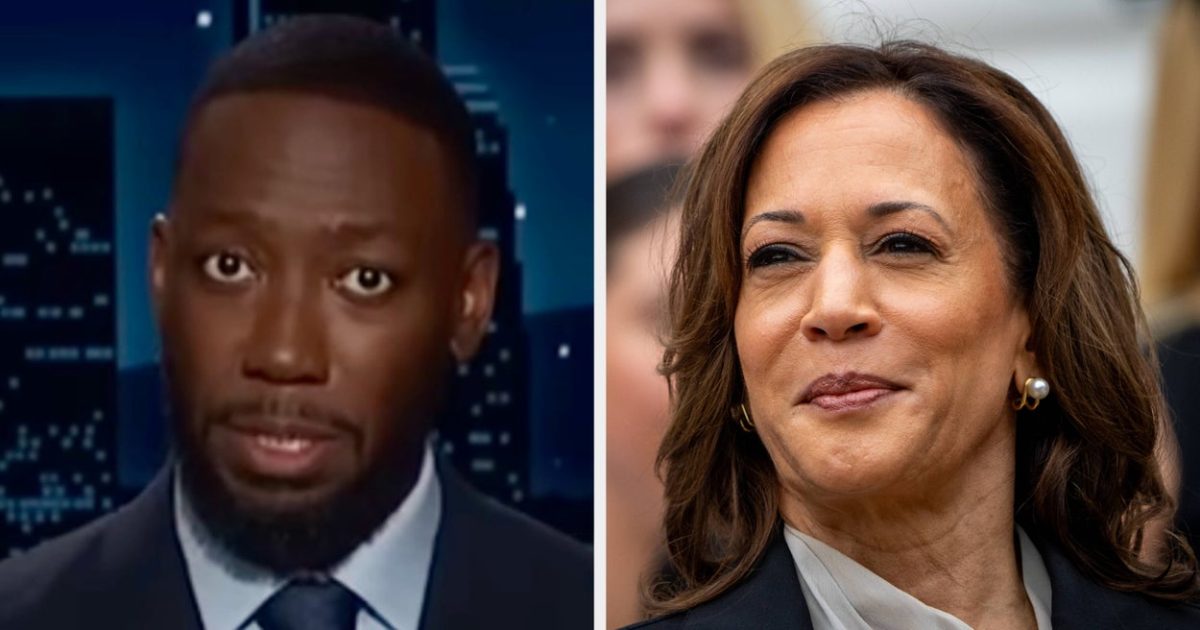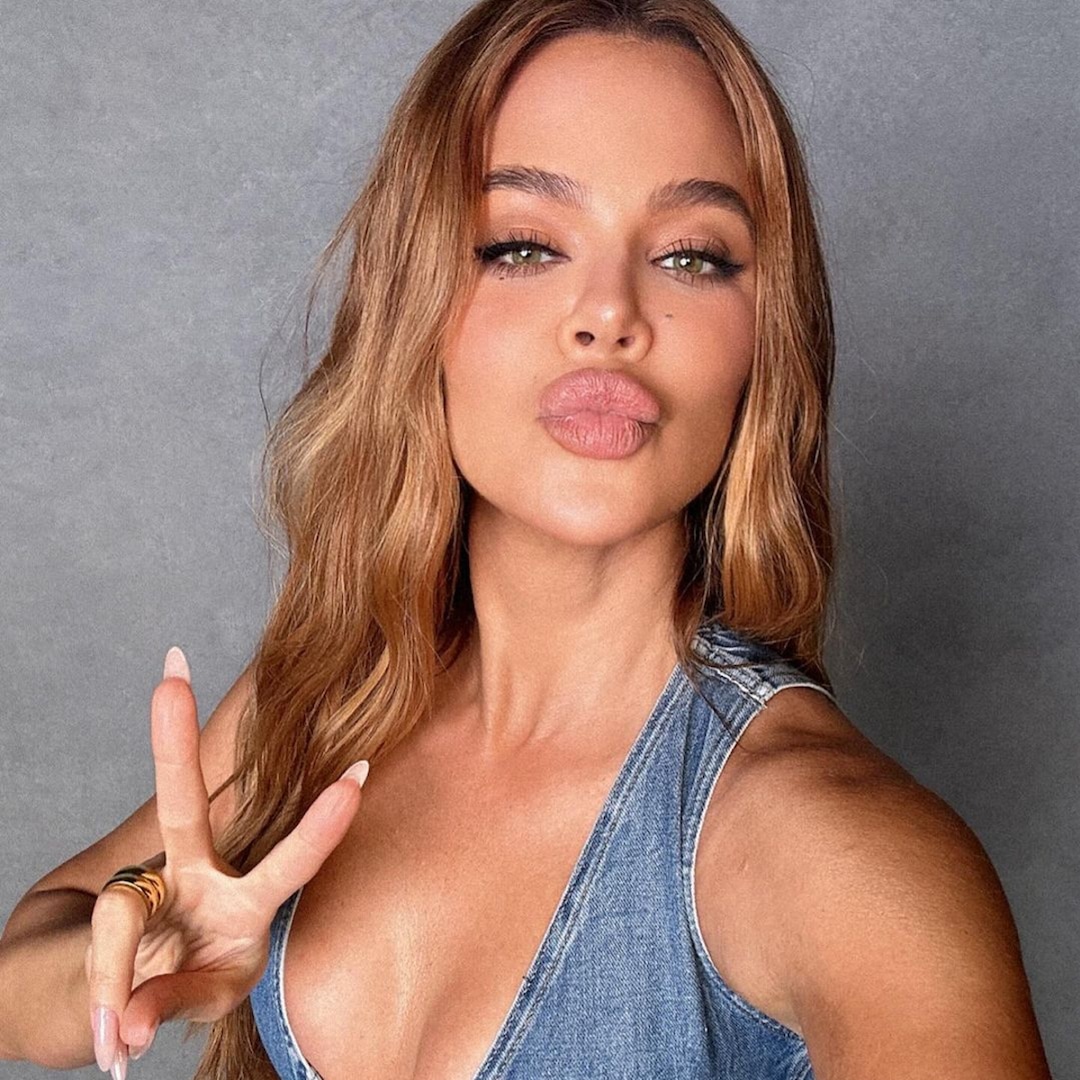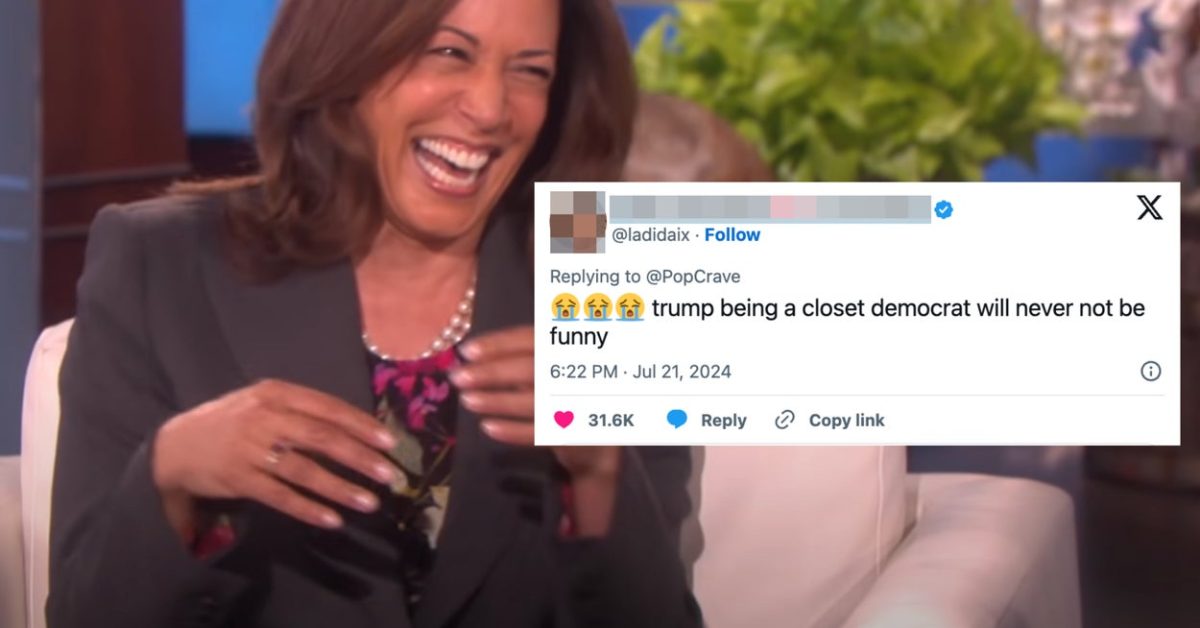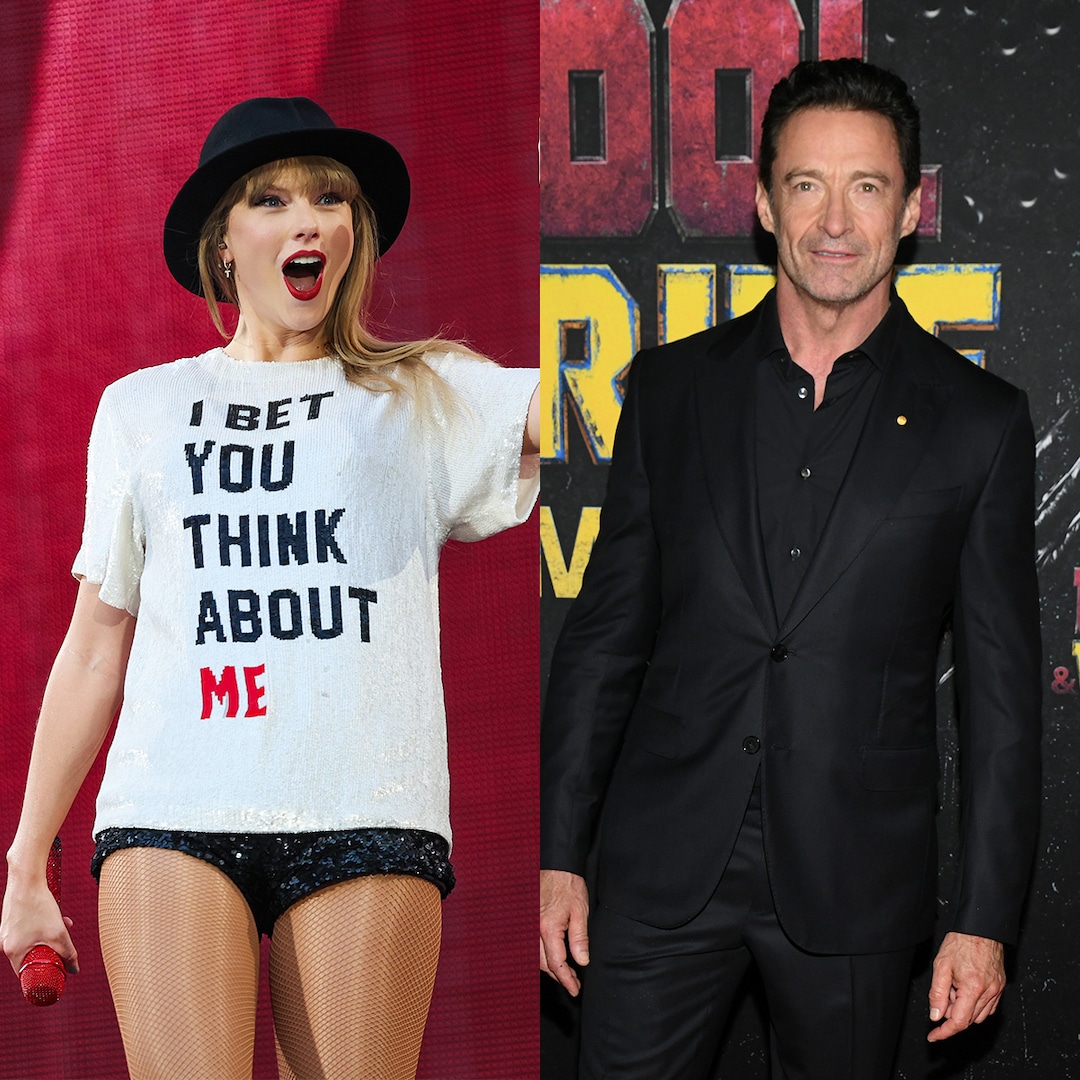
‘Ghosted’ Director Explains Why Movie Was “One of Those Rare Magic Moments”
Apr 22, 2023
Kicking off this summer’s action-packed blockbusters is the Chris Evans and Ana de Armas-led action-comedy, Ghosted, which shakes up the genre by blending romance, spy thriller, and comedy. At the helm of what he calls “one of those rare magic moments,” is Rocketman director, Dexter Fletcher, who Collider’s Steve Weintraub spoke with about his takeaways from this star-studded production ahead of its streaming release on Apple TV+.
Ghosted begins as a romantic comedy, and, surprisingly, Fletcher tells us that was one of the most challenging aspects of the film. Finding that balance, and maintaining authenticity throughout, was vital to this genre-blending story that sees a new couple’s relationship put to the ultimate test when one of them ends up being a secret agent. Alongside Marvel alum Evans and John Wick newbie, de Armas, Ghosted features some other pretty big names, including Oscar-winner Adrien Brody and Tim Blake Nelson.
COLLIDER VIDEO OF THE DAYSCROLL TO CONTINUE WITH CONTENT
While discussing the movie, Fletcher digs into what it takes to make something on this scale, full of action sequences, with tight prep time. In his words, “…you never finish, you just run out of time on all aspects of making a film,” and with that in mind, Ghosted’s production led to some handy lessons moving forward. During the interview, which you can watch in the video above or read below, Fletcher also talks about the editing process, the outstanding feedback he’s received on the movie, finding the tone, and what he hopes to do next.
COLLIDER: I want to start with congrats on the movie, sincerely, and I also want to say thank you for doing the screening with us in New York City.
DEXTER FLETCHER: I’m looking forward to it.
Image via Apple TV+
Perri is going to moderate, and I can tell you that when I announce a screening, I can tell how much interest there is in a movie based on the responses, and we have way more people asking for tickets than I expected in the first day, like a lot of people, so there’s a lot of interest in the film.
FLETCHER: Wow, that is really gratifying to hear. That’s really good to know, thanks, Steve. Because you always worry, is the word getting out there? Are people interested? Is it sort of engaging people? But look, we got Chris and Ana, we’re already ahead of the curve. It’s a good start.
Early in your career, you did a lot of acting, and you still do acting, but if someone has never seen anything you’ve done as an actor, what is the first thing you’d like them to watch, and why?
FLETCHER: Oh gosh, gosh, that’s a tough one. Well, I mean, I’m kind of trying to get around the answer by sort of dropping in as many things as I can. Most people in the UK certainly know me from Bugsy Malone, which was a great musical that Alan Parker made with Jodie Foster and Scott Baio many years ago, where all the kids played gangsters. But maybe The Elephant Man, I would say, because I was 13 or 14, and it’s a great, incredible film by David Lynch with John Hurt and Anthony Hopkins and John Gielgud, and many other luminaries. That was something that really stayed with me as an experience, it’s a great film, it stands the test of time. So if you just want a great film, not that I’m a huge part in it– oh, Lock, Stock, and Two Smoking Barrels, how about we go with that? I don’t know. Or Revolution with Al Pacino, I could go for that. Yeah, it’s a tricky one, that’s tricky.
Image via Orion Pictures/MGM Home Entertainment
I was going to say that I still can’t believe you did The Bounty and The Long Good Friday.
FLETCHER: I did The Bounty, as well, and when I was 17. I was in Tahiti for nine weeks, 10 weeks with Mel Gibson and Daniel Day-Lewis, his first film I think. Liam Neeson as well.
This is your first time helming a film with this much action, this kind of scale. Obviously, you’ve done Rocketman and you’ve done other things, but this is a completely different beast. What do you wish you knew at the beginning of the shoot that you learned during the shoot? Sort of like the advice you’re going to give yourself, or the lessons you learned, that you’ll take with you to the things you do in the future.
FLETCHER: Well, I think it’s about the benefits of previs and storyboarding, which, you know, my other films, I didn’t really need them so much before because I could be accessible enough to all departments because it’s a much tighter unit, those round table weekly or daily discussions that I’ve had with the crew and the team. I could help enunciate and elucidate what my vision is and is all about, and how achieving it is really in collaboration with those people, I suppose.
But, when I got the previs for the bus chase, for example, on Ghosted, I immediately thought of the piece of music that’s on that and put it on there, and that stuck straight away. I only use that as an example because I didn’t have much more time to do a lot more of that. That was the one thing that got the most attention in terms of prevising stuff, which is previsualization, you know, you kind of get billed assets and build it. So that was a real kind of revelation, like, “Oh, you can kind of really get your vision across to people in a very succinct and tangible way really quickly.” I was like, “Give that to everybody.” They all know, then, what we’re aiming for, which is great.
So I suppose that, but that comes down to how much prep time you’ve got, and I’ve learned that you never finish, you just run out of time on all aspects of making a film. Kind of like life, really, you know? [laughs] But, I suppose that’ll be something that I’ll be more mindful of moving forward, hopefully, to more action.
Image via Apple TV+
This is probably the most important question I’ll ask you, do emojis count as a text message?
FLETCHER: That’s a good question. I think they do, but I suppose it depends on who’s receiving the emoji, or the text. They might just be like, “Well, that’s just an emoji,” but emojis can communicate quite a lot. They’re a reaction, aren’t they?
I mean, look, I’m not of the generation where ghosting is really a relevant thing because I’m married for 25 years, and ghosting seems to be a fairly current phenomenon in the digital age. I’m more analog, unfortunately. I was in The Bounty 40 years ago, so, you know, there was no text messaging then. There was dumping then. People would say things to you like, “It’s not you, it’s me,” or, you know, “I don’t see any future in this.” Now, people just ignore you.
The only other thing I can equate it to is like being an actor. As an actor, you go for many, many auditions, and you never find out why you don’t get the job. All you know is, you phone up your agent and say, “Did I get the job?” and they say, “No,” and you say, “Why?” And they say, “We don’t know why, you just didn’t get the job.” And so, that’s the experience of being an actor for many, many years, you’re constantly ghosted [laughs]. That’s the only thing I can make any sort of comparison to.
I was going to say, I think emojis do count as a text message. One of the things this film does so well is that it’s just a fun movie. It’s really a really fun film. Talk a little bit about crafting that tone in the editing room, you know what I mean? Because you have a lot of action, you have those fun moments, talk a little bit about putting it all together.
FLETCHER: Well, I think what the film benefits from is that the setup – and certainly for me and for the actors – it needs to feel really genuine and connected and plausible. And so, there’s a real reality to making that work, a real authenticity that the actors have to bring, and we have to craft, within that.
You know, in the edit, I struggled with that first initial scene where they meet for a long time, getting the tone right, getting the misunderstanding beats right, and just the back and forward of it, and the initial attraction that then becomes something different. It kind of needed to feel very real. Because everyone recognizes meeting someone they are attracted to for the first time and having to talk to them, that’s an experience probably 99.9 of us have. We can’t cheat in that moment. It has to feel authentic because if it’s just too easy, people will go, “Well, that’s too easy.” If it’s too contrived and too hard, then people will pull back, as well. So it was getting that balance right.
But that created a bar of authenticity that had to carry through the rest of the film, otherwise, the rest of the film would completely feel completely inconsistent. And so, the action tries to match the authenticity of that initial meeting and that relationship, and I think that’s where we benefit. Of course, it gets fantastical, of course, it’s an action, it’s a movie, it’s entertainment. But Chris’s reaction always feels genuine. He’s scared. When people are blowing things up and driving fast and shooting guns, he’s like– I’d just be like, “How would we react?” And he’d be like, “I’d be terrified!” I’m like, “That’s what you gotta do, be terrified.” And she’s [De Armas] a very high achiever who’s used to that world but can’t handle romance, can’t handle feelings, and that’s how she plays. So, I think it’s a long-winded answer to what you’re asking me.
Image via Apple TV+
I’m always fascinated by how things change in the editing room. What did you learn from any friends and family screenings or test screenings that impacted the finished film?
FLETCHER: Well, I hate to sound boastful, arrogant or conceited, but I’m gonna run the risk. No, what really happened is that when we assembled the film that we looked at, and we pared everything back for the director’s cut – I get 10 weeks to create the cut – I was like, “This really feels like it’s working.” But, of course, after 10 weeks of working and watching it, you get a bit of snow blindness. So we took it for a test screening and – we were unsure, we all go in unsure. You say, “I think it’s good,” but you don’t know. You put it in front of an audience and, it just played so well. People just were laughing at things that never had expected. And then once that first laugh came, it just sort of snowballed, and it carried on, and it scored very highly.
We came out of it, and the studio said, “This is great.” The score was really good, it was a very, very positive, good score. And we realized that there were no reshoots or pickups that were done on this film at all. The film we shot is the film that people see. There’s no pickups, no reshoots on it at all. There’s one insert of a ring coming off a finger, but other than that, that’s it. We didn’t have to go back and be like, “Okay, how do we…?” And I think the studio was overwhelmingly pleased by that because it means suddenly we’d have to get everything out of mothballs and employ all these people again. It was like the movie was there.
I think it’s obviously a testament to the work that was done by all the crew and cast on the film when we were making it, we worked really hard to make the complete film, and it was just one of those rare magic moments where that actually happened. And so, once that test came in, they kind of were like, “Don’t touch it! Just don’t, that’s it!” And I was like, “Well, I’m gonna put the visual effects, I’m gonna change some music…” and they were like, “No, don’t!” So, it’s not a million miles away from the film that was the film that I first cut after my 10 weeks.
Did you end up with a lot of deleted scenes?
FLETCHER: No, no, there’s no deleted scenes. There’s edited versions of scenes, but there’s no scene that doesn’t make it into the end. Everything we shot is in the film. There’s one scene that I reshot because I didn’t like it, which was an ending of them driving away in a car, and I changed it for them being at the ending that you see in the movie now, but we shot that within the main body of the film. There’s great outtakes, there’s an outtake reel, but there’s no extra scenes that didn’t make the final cut. There just isn’t any, it’s all in there.
Image via Apple TV+
Do you know what you’re going to do next?
FLETCHER: Not yet. There’s a couple of things floating around, but I want to sort of focus on just seeing this get out there as well as I can. But no, I don’t know. I’d like to do more stuff like this, I really enjoyed it. I think I’ve got more to say and more to offer with action. I would like to sort of really explore that a bit more.
What’s funny is, I have a lot of director friends and the tough thing is getting someone to allow you to make a film on this scale. Once you’ve done it, everyone’s like, “Oh, he’s done it, you can go do it again.”
FLETCHER: Yeah, I’m kind of interested to see what happens when this comes out. There’s a part of me that’s like, “Well, I might just sit and–” I mean, I feel it’s good and people enjoy it, you know? It seems to be, and I’ve watched it with a couple of audiences and it gets responses. Like I said, there’s no guarantees, you can’t take it for granted, and taste is totally subjective, but I would like to see whether people go, “He has an interesting take, this guy, and he can handle it.” Let’s see if there’s more that comes across my desk. That’s something for my agent to tell me. I’m going to wait until this comes out is the answer.
Ghosted is now streaming on Apple TV+.
Publisher: Source link
Lamorne Morris Thinks Kamala Harris Has This Advantage Over Donald Trump
Trump said that President Joe Biden, who dropped out of the race on Sunday while recovering from COVID-19, never really had the infection. “Really? Trump thinks Biden never had COVID?” Morris said on Monday. “You don’t pretend to have COVID to get out…
Jul 26, 2024
Khloe Kardashian Is Ranked No. 7 in the World for Aging Slowly
Khloe Kardashian's body is out for more than just revenge. In fact, the 40-year-old is one of the world's slowest agers—a revelation she learned after taking a blood test to determine her body's biological age compared to her calendar age.…
Jul 26, 2024
Reactions To Trump’s Kamala Harris Donation
Just as many white Americans used their Obama vote to excuse their internalized racism, Lauren Boebert seems to have adopted this same ideology, ignoring Trump's long record of racism against African Americans, Mexicans, Hispanics, Native Americans, Muslims, Jews, and immigrants, and discrimination against women and…
Jul 25, 2024
Hugh Jackman Reveals What an NFL Game With Taylor Swift Is Really Like
Hugh Jackman is happy to fill any blank space in Taylor Swift’s NFL game suite. In fact, the Deadpool & Wolverine star recently detailed his experience attending a Kansas City Chiefs game to root on Travis Kelce, alongside Ryan Reynolds,…
Jul 25, 2024











